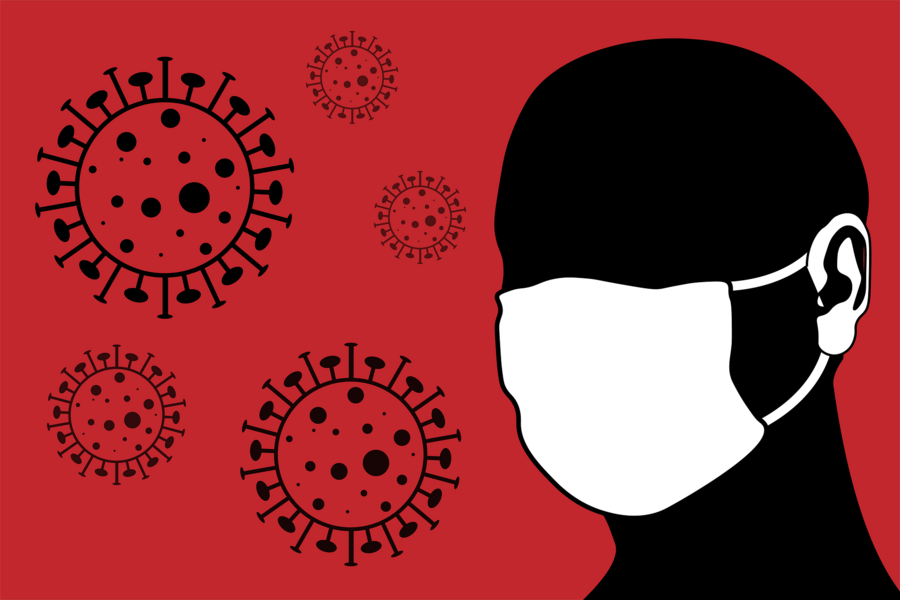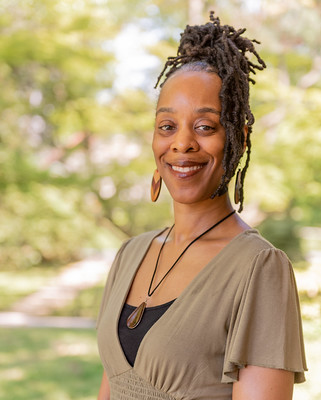Nobody could have predicted any of the cultural and social shifts that have transpired over the past year. From the government-mandated lockdowns to the unmasking of the reality of systemic racism in America, much has changed. Students are now learning more about the world around them through current events while actively speaking out against the injustices they see. Teachers have had to put themselves in the shoes of their own students, realizing that they are teaching kids with experiences and exposures totally different from their own.

“A method we use is to teach to society, to teach what is relevant,” Dr. Zakia Gates, assistant professor of teacher education, said. She tries to use current events to advance her class forward and better prepare them for the world. Gates acknowledges the struggles of today’s youth. She spoke about how she has had to make her course more accessible to all students, especially those facing either inequality or the pandemic, and both.
Gates has made a clear effort to make sure that students make the most of their current situations. She does not believe the state of the country has made teaching harder. She said, “For me, it has made things a little bit easier. I don’t like what’s going on in the world but some of it helps with teaching.” Gates says that this generation will better understand the world around them in the future due to these events.

Education on inequality has always been in our history textbooks. We hear about segregation and Jim Crow laws but rarely do we actively learn about systemic racism being an issue in current-day America. Teachers owe it to their students to prepare them for the future by focusing lessons on what the world will be like after they graduate.
The same goes for the pandemic. In the classroom, students were commonly taught the history of diseases such as the black plague but understandably never taught how to deal with one in modern life. Now, everybody has a baseline understanding of how to protect themselves and their family through this pandemic.
The experiences of students need to be implemented into their courses to more effectively teach them by means of relatability. Topics like fake news, election integrity and voter suppression are all better understood by today’s youth than ever before. This is because they are being directly exposed to these things firsthand as they correspond with education.
Over the past couple of months, the more focused attention of the reality of racial inequality in America has changed the perspectives of many young Americans. With the help of their teachers and classmates they have been able to see injustices much more clearly and accurately address them in the classroom.
Students should not entirely depend on what the media is telling them about the pandemic or racial inequalities and injustices. Nor should they rely on getting their information from their professors at school. With the way the world is constantly changing, they need to develop the skills necessary to do their own research on topics.
Professor Gates said something that stuck out regarding making the future a better place for upcoming generations. She quoted her idol when growing up, Michael Jackson, saying “if you want to make the world a better place, take a look at yourself, and make a change.”


